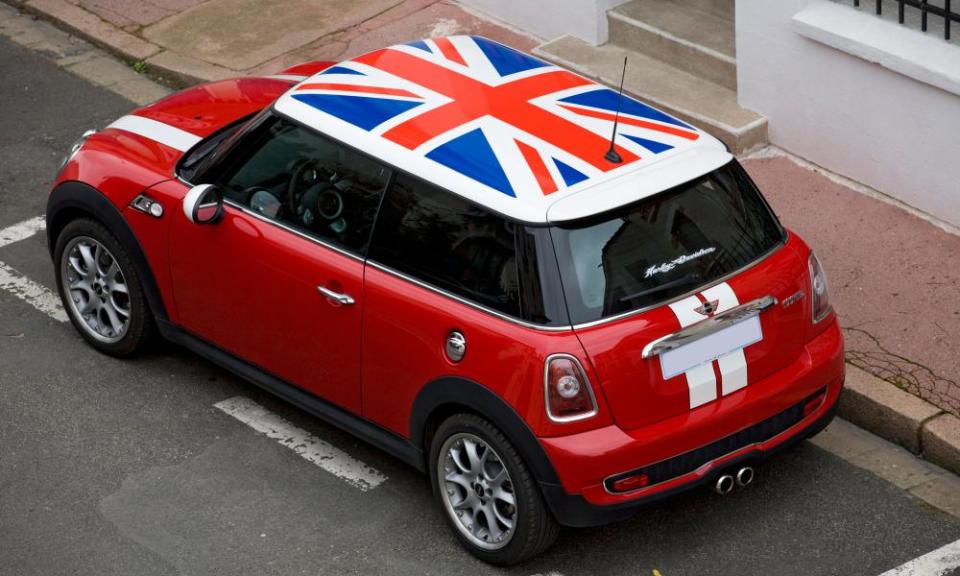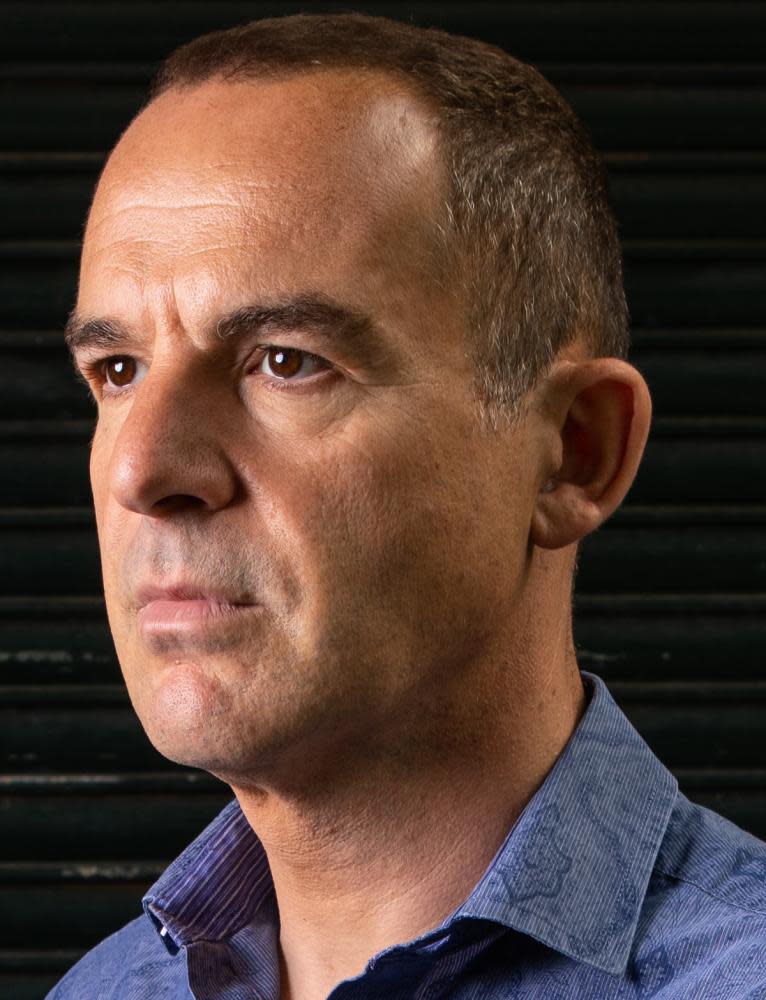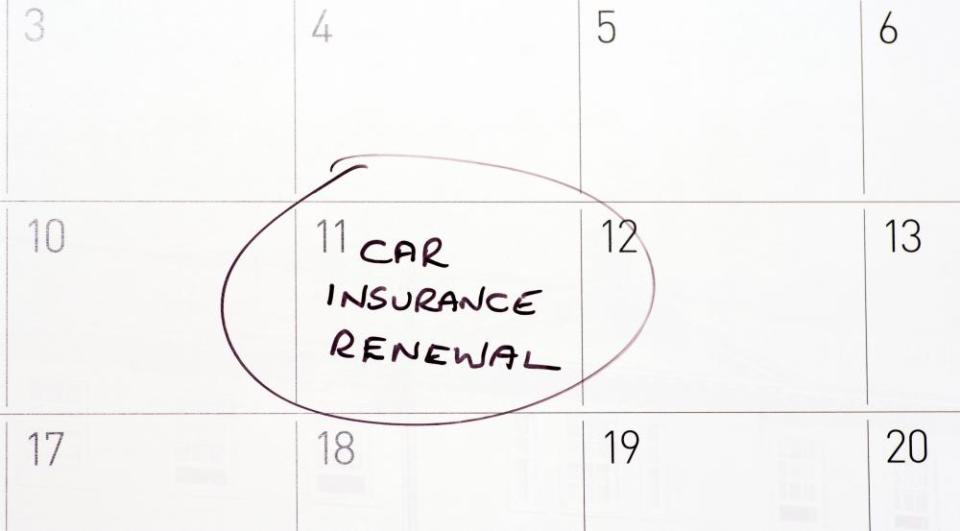Car insurance firms use loopholes to keep costs high for loyal customers

Car insurance premiums for renewing customers are up to double the price quoted to new ones despite a recent ban on loyalty penalties, according to motorists who have contacted Guardian Money.
One customer was informed that his renewal premium would be £368.74 but similar cover with the same firm was quoted at £215.22 on a price comparison website. When he complained his renewal price was revised down to £245.
Since 1 January, insurers have been banned from overcharging loyal policyholders in order to fund discounts to attract new customers. According to the Financial Conduct Authority (FCA), which implemented the ban, 6 million customers who stayed with their provider overpaid £1.2bn in 2018. It estimates that the new rules will save consumers £4.2bn over 10 years.

However, consumers who assume that the ban allows them to put their feet up without paying a price may be in for a shock. Loopholes in the new rules mean they may still end up spending more to renew an existing policy than to buy a new one from the same provider. Companies are still allowed to discriminate between new and existing customers depending on when and how they apply for a quote.
Martin Lewis, the founder of MoneySavingExpert, says that while some loyal consumers will save money thanks to the new rules, they may struggle to work out if they are being charged fairly. “The [loopholes] mean there is wriggle room in the system, so it’s tough to pin down if insurers are playing games,” he says.
A spokesperson for the FCA says consumers should still shop around. They added: “We are using a range of tools to assess firms’ compliance, including thorough analysis of reporting data from firms, as well as consumer and market intelligence.”
There are several hidden factors that can increase the price for new and existing customers.
The ‘channel’

This is jargon for what method you use to apply for a quote. A channel can be a call centre, walk-in premises, the insurer’s website or a price comparison site. Insurers only have to ensure that a renewal premium matches that quoted for a new customer if they apply for a like-for-like policy via the same channel the existing customer used.
If the renewing customer signed up via a call centre or the insurer’s website, their premium is still likely to cost more than the same policy sold via a comparison site. Firms are allowed to offer different rates to customers depending on which of the many comparison sites they use. This means that a consumer who took out car insurance via Moneysupermarket three years ago can be charged more to renew than a new customer buying the same policy on Confused.com. To ensure a renewal quote is fair, you would have to remember how you originally came by the policy and check the prices for new customers on the same channel.
The date
The price match only applies to new quotes issued on the same day that a renewal quote is generated. It is news to many consumers that premiums can fluctuate for new and existing customers depending on the date and the time of day they search for a quote. Typically, premiums rise the nearer it gets to the date you want cover to start. That is because insurers reckon that those who fly by the seat of their pants might be riskier on the road.
However, early birds may also be shortchanged. A 2019 survey by MoneySavingExpert found that customers who renewed at the earliest possible moment, usually 30 days before their policy expired, paid an average of £388 a year more than those who waited a week. According to the website, 24 days before renewal is the optimum time for a bargain and may save you almost 40%.
The time
The time of day that you hit the search engines could make a three-figure price difference. Prices rise and fall according to the number and demographic of people who have applied for quotes that day. If a company has just signed up a lot of new drivers, it may raise the price for other new drivers to deter them.
Evening searches tend to yield more expensive quotes than early morning searches and night owls seeking deals in the small hours could end up hundreds of pounds out of pocket as they may be perceived as wild-living insomniacs who are a risk behind the wheel.
Add-ons
The FCA rules apply to like-for-like policies. Some loyal customers may accrue unrequested add-ons over the years without even realising it, and these are ultimately reflected in the renewal price. Check your existing policy to see whether perks such as driving abroad, personal accident and equipment cover are necessary to you before comparing the quote online.
Other tricks
The price of a premium is often based on apparently random factors, and a few tweaks to an application could bring it down. Younger drivers, for instance, may sometimes benefit by adding an older driver to their policy. Insurers may take fright at some job titles but not other descriptions of the same role. One reader was quoted more when he chose dental surgeon from a dropdown menu than when he had described himself as a dentist, while illustrators seem to be considered less risky than artists.
Lastly, make sure you are on the electoral roll. Insurers tend to use this for ID checking and if your absence makes that job harder they will charge you for it in the quote they give.

 Yahoo Finance
Yahoo Finance 